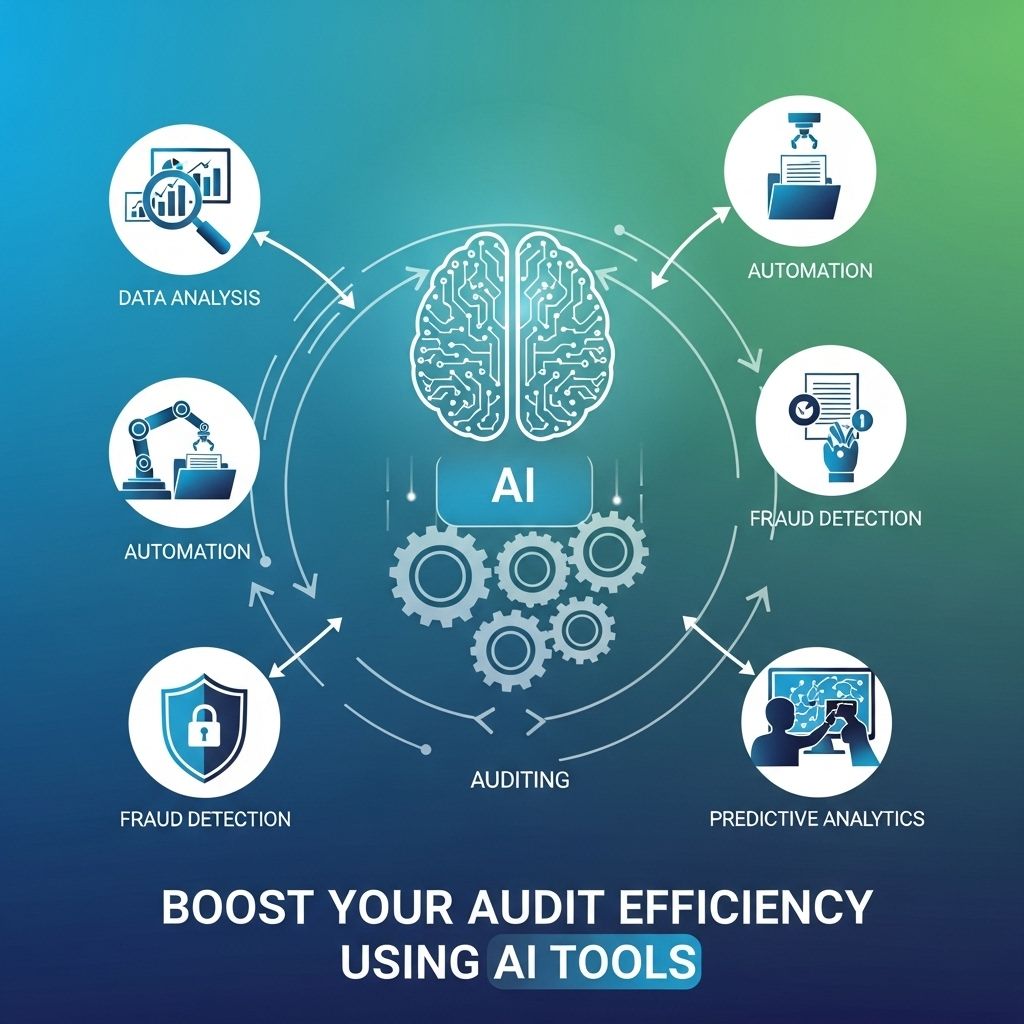How AI Advisors Are Revolutionizing Wealth Management
Discover how AI advisors are transforming the wealth management landscape by enhancing decision-making, improving client engagement, and optimizing investment strategies.

In recent years, the wealth management industry has undergone a seismic shift, driven primarily by technological advancements. Among these, the rise of AI advisors stands out as a game-changer, redefining how financial services are delivered to clients. These intelligent systems, powered by machine learning algorithms and vast amounts of data, offer a new paradigm in investment management and personal finance. Let’s explore how AI advisors are transforming the wealth management landscape.
Table of Contents
The Rise of AI in Wealth Management
The wealth management sector has traditionally relied on human advisors to provide personalized investment strategies and financial advice. However, as clients demand quicker responses and more tailored services, financial institutions are increasingly turning to AI-driven solutions. According to a report by Deloitte, approximately 40% of financial institutions are already using AI to automate processes, enhance client interactions, and improve investment decisions.
Benefits of AI Advisors
AI advisors bring numerous benefits to both clients and financial institutions. Here are some key advantages:
- Personalization: AI algorithms can analyze vast amounts of data, allowing advisors to create personalized investment strategies based on individual client profiles.
- Cost Efficiency: Automating routine tasks reduces operational costs, enabling firms to offer competitive pricing to clients.
- Data-Driven Insights: AI can identify market trends and investment opportunities that human advisors may overlook, enhancing portfolio performance.
- Scalability: AI systems can manage a large client base without compromising service quality, making it easier for firms to grow.
Key Features of AI Advisors
AI advisors come equipped with several innovative features that enhance their utility and appeal:
1. Portfolio Management
AI advisors utilize sophisticated algorithms to optimize portfolio performance. They continuously monitor market conditions and adjust investment allocations accordingly. Key functions include:
| Function | Description |
|---|---|
| Risk Assessment | Evaluates client risk tolerance and investment goals to recommend tailored portfolios. |
| Performance Tracking | Utilizes real-time data to track portfolio performance and suggest adjustments. |
| Rebalancing | Automatically rebalances portfolios to maintain desired asset allocations. |
2. Advanced Analytics
AI advisors leverage advanced analytics to provide clients with insights into their investments. This includes:
- Predictive analytics to forecast market trends and price movements.
- Behavioral analytics to understand client spending and investment habits.
- Sentiment analysis to gauge market sentiment from social media and news sources.
AI Advisors vs. Human Advisors
While AI advisors offer numerous advantages, it’s essential to consider how they compare to traditional human advisors:
Strengths of AI Advisors
- 24/7 availability, providing immediate responses and assistance.
- Access to a vast pool of data for informed decision-making.
- Cost-effectiveness, especially for lower-income clients.
Strengths of Human Advisors
- Personal touch and emotional intelligence in client relationships.
- Ability to navigate complex financial situations and provide tailored advice.
- Trust-building through personal interactions and transparency.
Industry Trends and Future Outlook
The future of wealth management is likely to be a hybrid model where AI advisors work alongside human financial advisors to provide the best of both worlds. Some emerging trends include:
1. Enhanced Collaboration
Human advisors will increasingly use AI tools to support their recommendations, enriching their client interactions with data-backed insights.
2. Ethical Considerations
As AI becomes more prevalent, discussions around ethics and transparency in algorithmic decision-making will gain prominence. Firms must ensure they safeguard client interests while leveraging AI capabilities.
3. Regulatory Challenges
As with any technological advancement, new regulations will likely arise governing AI usage in wealth management. Financial institutions must remain vigilant and adaptable to comply with regulatory changes.
Conclusion
AI advisors are undeniably transforming the wealth management industry, offering enhanced efficiency, personalization, and data-driven insights. As the landscape evolves, embracing a hybrid approach that combines the strengths of AI and human advisors may prove to be the most effective strategy for meeting the complex needs of clients. The future of wealth management is bright, with AI at the forefront of innovation.
FAQ
What are AI advisors in wealth management?
AI advisors are automated digital platforms that use artificial intelligence to assist in managing investments and financial planning.
How do AI advisors improve investment strategies?
AI advisors analyze vast amounts of data to identify trends and optimize investment strategies, leading to potentially higher returns.
Are AI advisors suitable for all types of investors?
Yes, AI advisors can cater to a wide range of investors, from beginners to experienced individuals, providing tailored advice based on individual financial goals.
What are the benefits of using AI in wealth management?
The benefits include lower costs, 24/7 availability, personalized investment advice, and the ability to make data-driven decisions quickly.
Can AI advisors replace human financial advisors?
While AI advisors can enhance financial decision-making, they are not meant to fully replace human advisors, especially in complex financial situations that require personal interaction.
How secure is my data with AI advisors?
Reputable AI advisors implement robust security measures to protect your data, ensuring compliance with industry standards and regulations.








